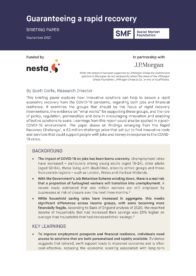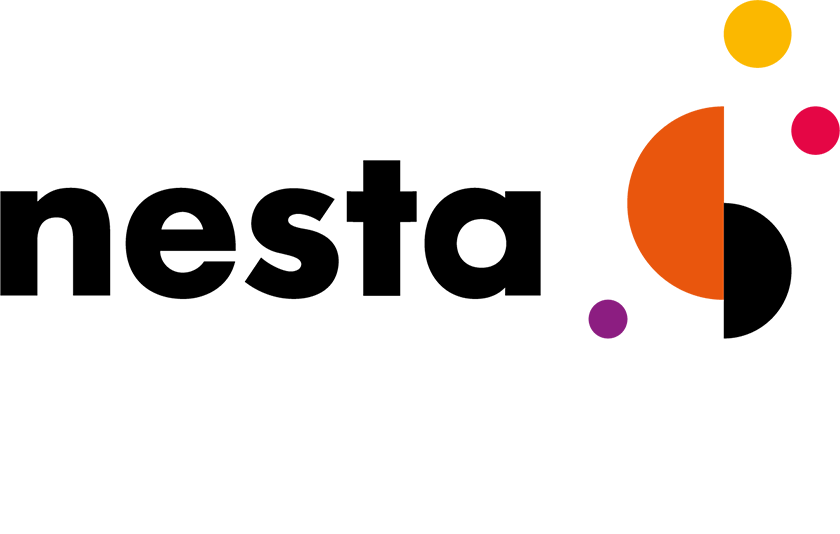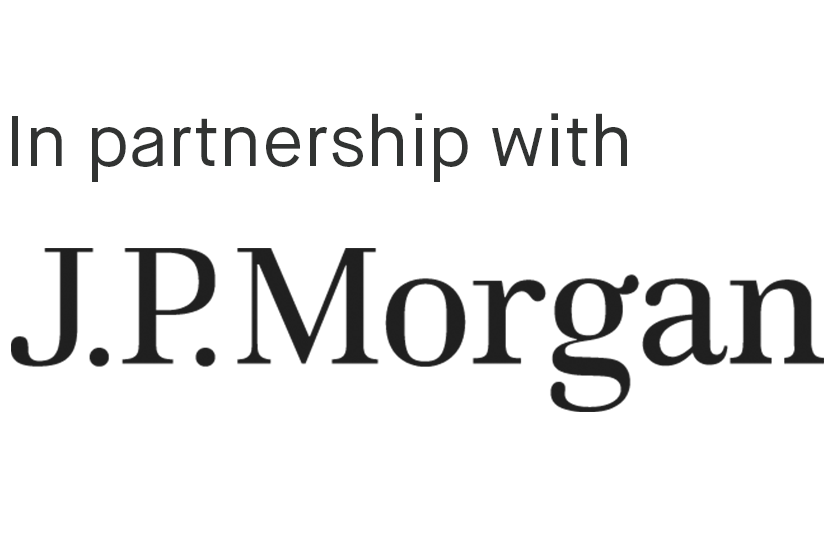This briefing paper explores how innovative solutions can help to secure a rapid economic recovery from the COVID-19 pandemic, regarding both jobs and financial resilience. The paper draws on findings emerging from the Rapid Recovery Challenge, a £3 million challenge prize that set out to find innovative tools and services that could support people with jobs and money in response to the COVID-19 crisis.
Key learnings
- To improve employment prospects and financial resilience, individuals need access to solutions that are both personalised and rapidly available. Evidence suggests that tailored, swift support leads to improved outcomes and is often cost-effective, reducing the economic scarring associated with long-term unemployment and reducing the risk of individuals falling into further financial distress.
- Digital solutions should be used to improve jobs and financial support. Some innovations cited in this briefing note (drawn from the Rapid Recovery Challenge) include:
- Digital “nudges” to help individuals reach their financial goals.
- Online job boards targeting groups poorly served by more generic websites, such as those with disabilities and those seeking a first job.
- Online crowdfunding to help homeless individuals gain skills and employment.
- Support delivered through online messenger services.
- Utilising open banking to improve take-up rates for grants and speed up application times
- Digital solutions need to be blended with face-to-face and over-the-phone support in order to have impact at scale. This is particularly important when engaging with vulnerable groups, such as the digitally excluded and the homeless.
- To achieve scale, solutions providers need to form effective referral partnerships, for example with central and local government, and businesses operating in sectors such as energy and banking. These organisations have regular contact with individuals facing unemployment and financial fragility, and are well-placed to steer people towards support.



